Fasting During a Global Pandemic: Muslim Students Share Their Insights During Ramadan
Muslim EvCC Students discuss how they have adjusted their Ramadan celebrations during the COVID-19 pandemic.

Courtesy photo from Lara Alsaedi
Lara Alsaedi, an international biology student from Iraq, and a student leader at EvCC.
Ramadan is a month in which Muslims all around the world fast from dusk until dawn. This year Ramadan started on the 23rd of April amidst the craziness of the COVID-19 pandemic. The COVID-19 pandemic has affected a lot of things drastically in day-to-day life, Ramadan being one of them.
Ramadan is usually a very social month for Muslims. However, this year the ability to break fast at the mosque, or with friends and neighbors has been taken away due to social distancing. Social distancing has taken away the overall community feeling the month has for Muslims all around the world.
Fasting the entire month of Ramadan can be hard in general, so how difficult would fasting be during a global pandemic while also taking online classes?
For Lara Alsaedi, a biology student at EvCC, it has been hard not being able to see her friends and family during this holy month, but she has learned to compromise.
“Fasting isn’t always easy, but it is also a time when mosques are filled with people who pray to God and listen to the beauty of the Holy Quran. Families are gathered together in the mosque, sharing our delicious food, our prayer and delightful conversations with old and new friends. But this [social distancing] does not stop me from talking to my friends by using virtual meetings via Zoom, Facetime, or other platforms,” Alsaedi explained.
With 16 or more hours without food or drink, daily fasting can affect students’ ability to focus on their online classes.
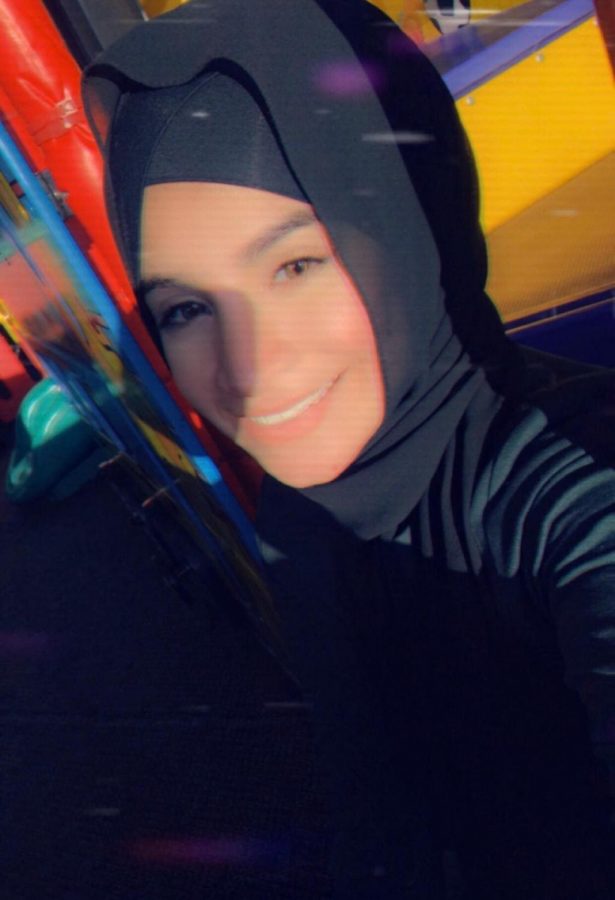
For Douha Alemara, a computer science student who moved to Washington from Dearborn, Michigan, last year, it has been difficult to find the energy to study during the time of fasting. She finds it easier to break her fast before starting on her homework and assignments.
“Fasting while taking classes online at Everett Community College can get a little challenging. I barely ever study without a cup of coffee and snacks for energy. I try to manage my studies by staying up as late as I can to get my studies in at night while I have the energy, and sleep during the day.” Alemara said.
While other EvCC students observing Ramadan, like Rosita Syed, believe that online classes are more convenient and flexible during the month of Ramadan. Not having to physically go to class and being able to do your assignments any time during the day has been very comfortable for some students. “If anything, I feel like online classes are very useful during Ramadan. Having to balance school work, time with Allah, sleep, and my sanity while in quarantine, all together is really stressful and having a flexible online class schedule makes it all easier,” Syed explained. Syed said this quarter is the best one she has attended with the combination of Ramadan and online classes.
Alsaedi said that help and understanding from teachers has been very helpful during the month of Ramadan, “My teachers have been really helpful to me during Ramadan. They always check on me if I need extra time to submit my assignments and I extremely appreciate that.”
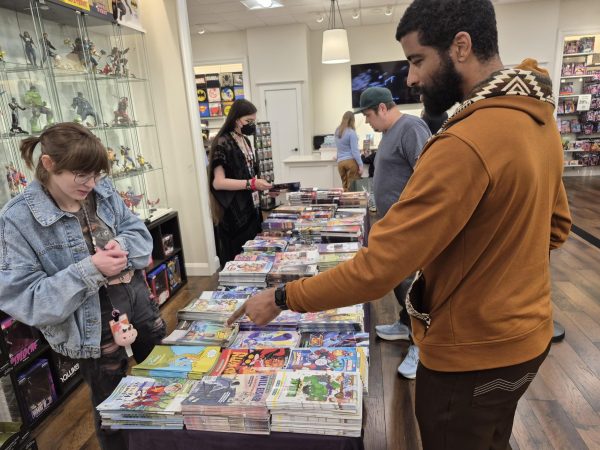


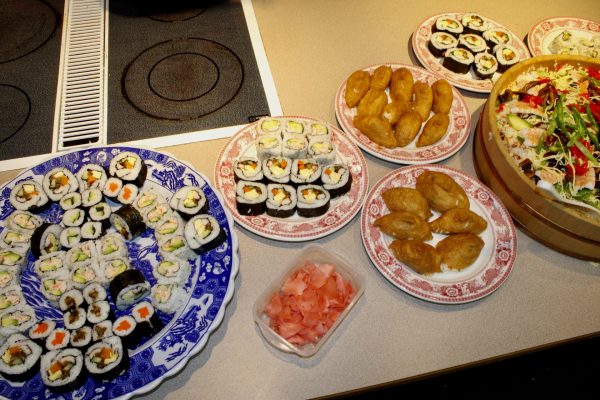
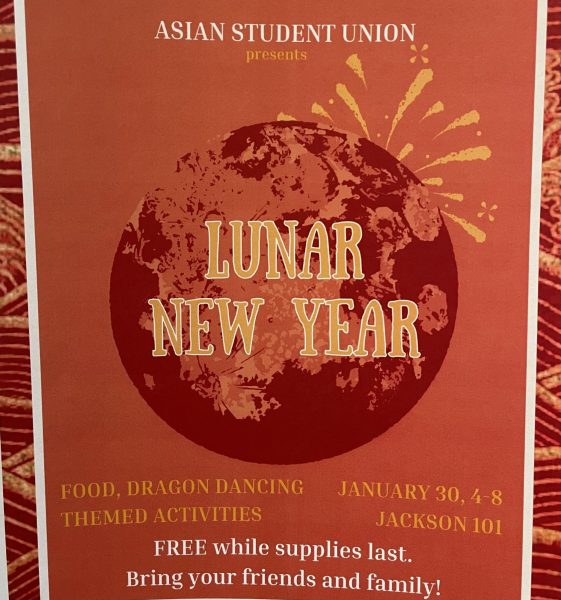
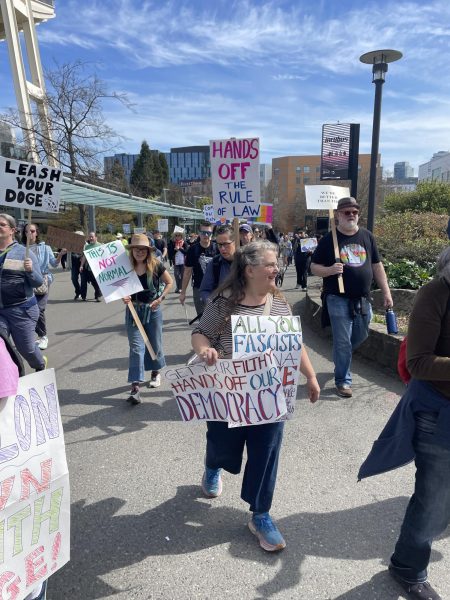
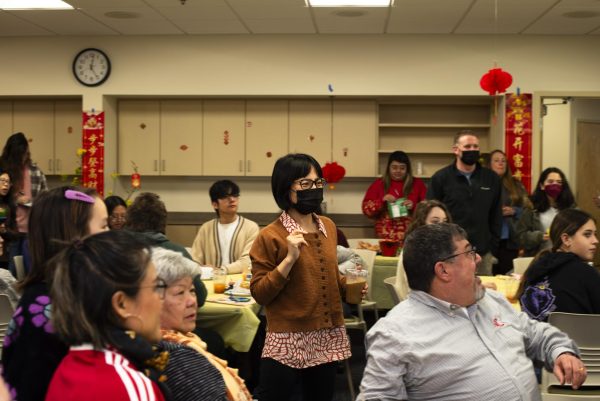
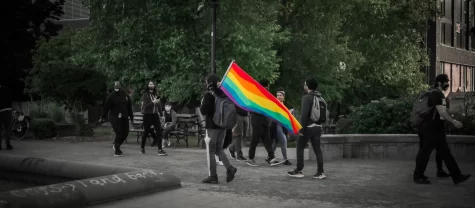
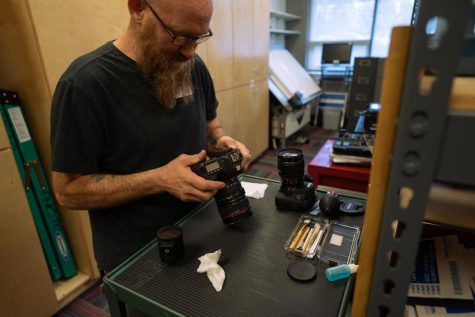

Abu Bilaal • May 25, 2020 at 11:07 pm
I enjoyed reading your article. It was very personal and gave us a sense of the Muslim struggle during Ramadan. Why did you use the name mosque instead of Masjid? Also, why translate Allah to – God? We don’t translate names. Thank you for your great reporting. The pictures added a good personal touch.